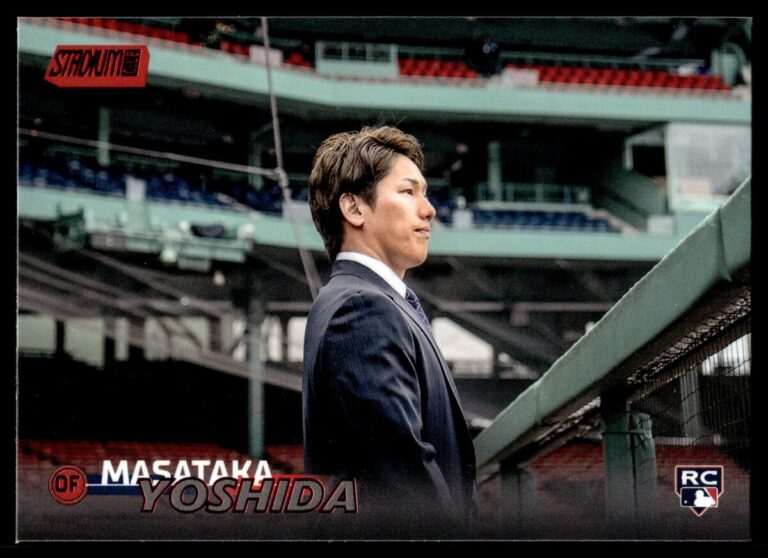Yoshida Apologizes and Vows to Refrain Following Corporate Pressure
In a surprising turn of events, Japanese baseball star Masataka Yoshida has publicly apologized and pledged not to repeat certain actions following pressure from corporate sponsors. The situation has stirred discussions about the influence of commercial interests on professional athletes and their personal choices.
The controversy began when Yoshida, an outfielder for the Orix Buffaloes before moving to the MLB’s Boston Red Sox, was reportedly involved in an off-field matter that drew scrutiny from major corporate backers. While details remain scarce, sources indicate that the incident did not violate any league rules but raised concerns among sponsors who expect players to uphold specific behavioral standards.
Corporate endorsements play a significant role in Japanese baseball, where players often represent major brands both on and off the field. Yoshida’s ties to key sponsors, including sports apparel companies and beverage brands, placed him in a delicate position. As the news spread, executives expressed their concerns behind closed doors, eventually prompting Yoshida to issue a public statement.
“I sincerely apologize for any discomfort my actions may have caused,” Yoshida stated. “I deeply respect my sponsors and the values they uphold. Moving forward, I will be more mindful and ensure that my actions reflect the expectations placed upon me.”
His statement, while carefully worded, highlights the immense pressure Japanese athletes face when balancing personal freedom with corporate interests. Unlike Western sports leagues, where individual branding is more common, Japan’s sports culture often demands strict adherence to collective and corporate expectations.
Fans have reacted with mixed opinions. Some argue that Yoshida’s apology was unnecessary, as he did not commit any wrongdoing. Others believe that professionalism and sponsor relations are an essential part of modern sports, making his response appropriate.
Despite the controversy, Yoshida remains one of Japan’s most talented baseball exports, and his career trajectory continues to be a topic of interest. However, this incident serves as a reminder of the complexities athletes navigate in an era where corporate influence extends beyond the playing field.


